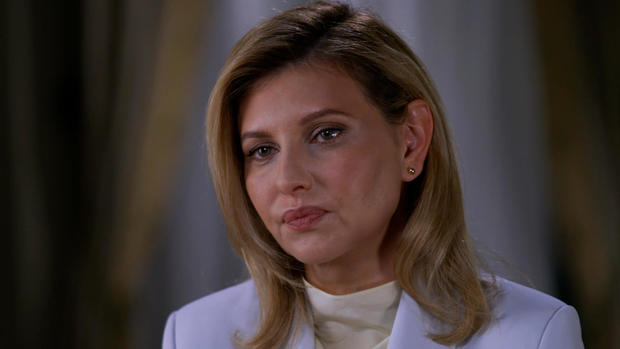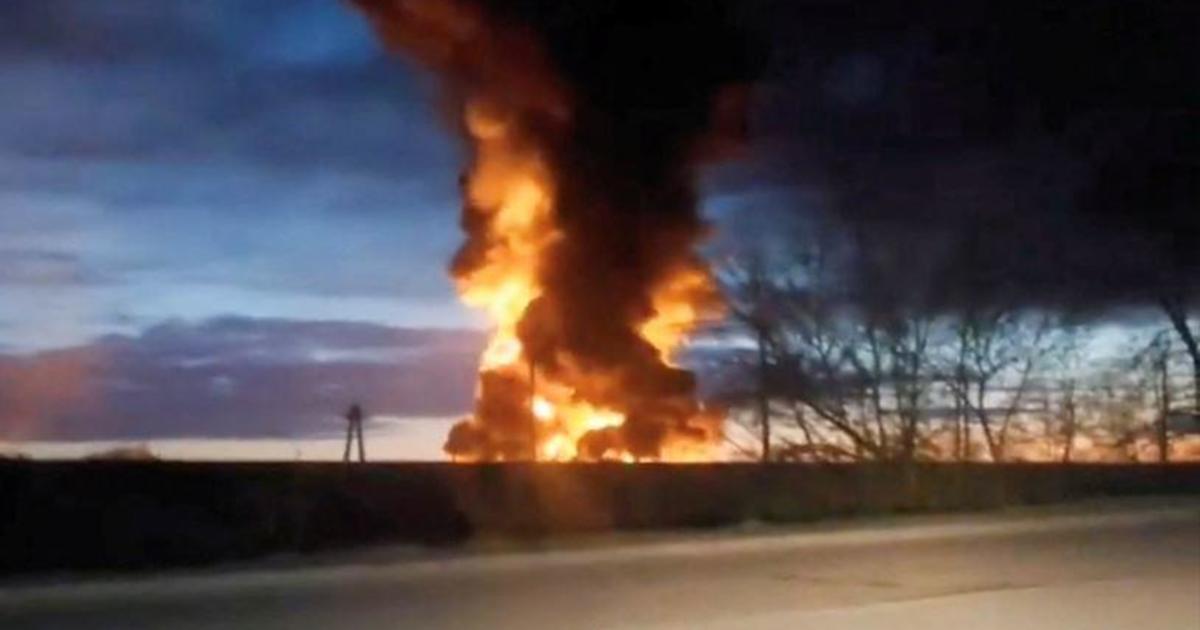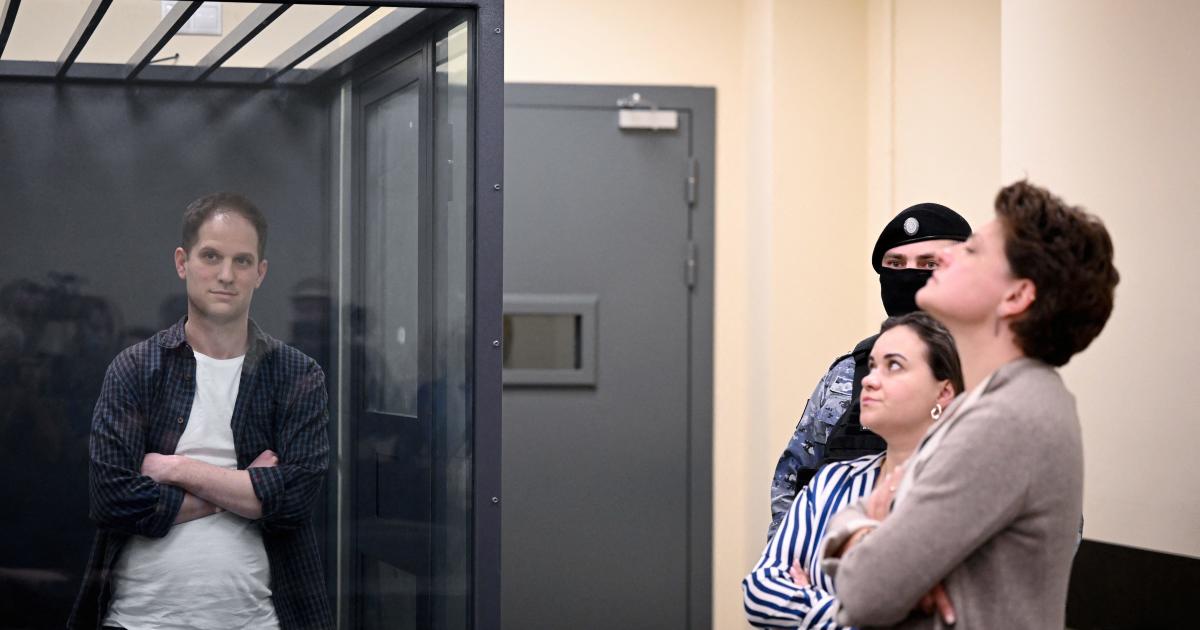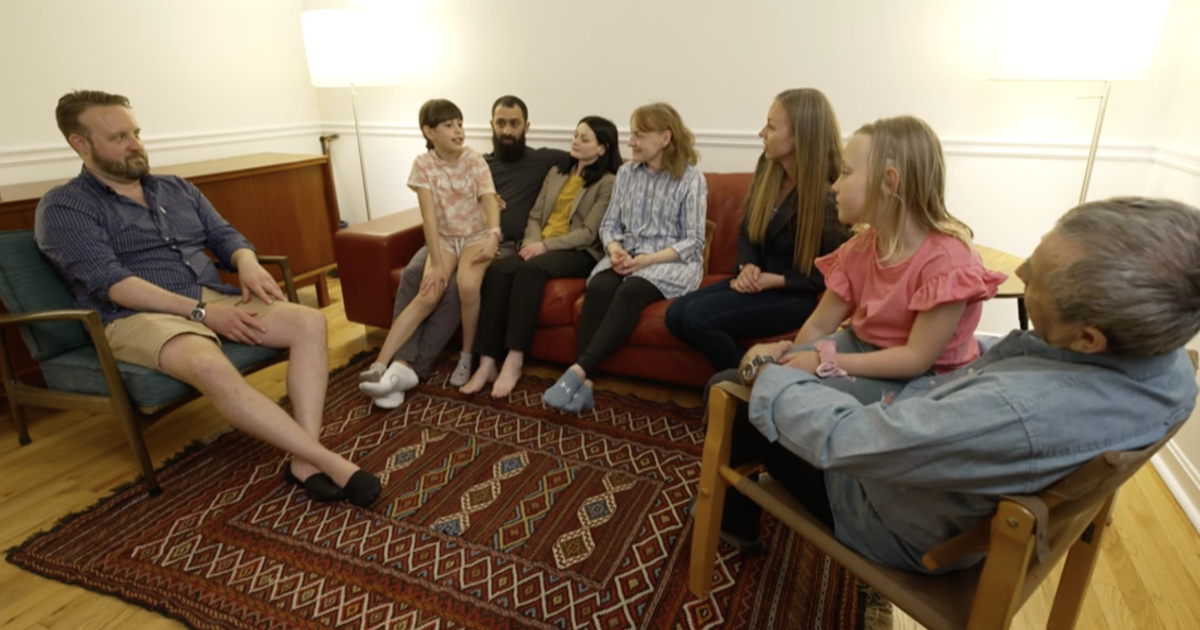Ukrainian First Lady Olena Zelenska on Russia's war, educating Ukraine's children and her country's future
Ukraine's first lady, Olena Zelenska, called it terrorism when she was told about the bombing of two schools, a library, a hospital and a soccer stadium in the city of Chernihiv.
"[The Russians] try to frighten people to make them run, to have towns and villages empty so they can occupy these territories," Zelenska told correspondent Scott Pelley for this week's 60 Minutes. "Definitely, terrorism. The war is being waged using modern means, but from the moral and ethical point of view, [it's] the Middle Ages."
Zelenska has embraced the pain of 44 million people since Russia began their attacks last February. And even as Ukraine is gaining ground, half the country's families have been separated, according to Zelenska.
"Someone is at the front, someone went abroad to save their children, someone is under [Russian] occupation," Zelenska said through an interpreter. "People are afraid to leave their [homes] because of shelling. They're afraid even to try to evacuate. We have thousands of dead. Hundreds of children are dead."
- The toll of Russia's war on the children of Ukraine
- Ukraine's First Lady Olena Zelenska: The 60 Minutes Interview Transcript
Zelenska is 44 years old, married 19 years to her husband, President Volodymyr Zelenskyy. Their last names differ because in Slavic languages, surnames are often modified by gender.
When 60 Minutes spoke to her husband in early April, Zelenskyy said his wife and children were in hiding. But weeks later, she was strategically deployed. In May, she showed American First Lady Jill Biden the war's newly homeless in western Ukraine. In July, she came to Washington and became the first, first lady to address the U.S. Congress.
"I'm asking for weapons," she told the American legislative body, "Weapons that would not be used to wage war on somebody's else's land, but to protect one's home and the right to wake up alive in that home."
60 Minutes met Zelenska in the capital, Kyiv, at a location we agreed not to disclose. On the day of our interview, Ukraine was forcing a Russian retreat and exposing more horrors of the Russian invasion.
We noticed what seemed like a weariness that Zelenska was determined to ignore. It was the price of the path the former comedy writer had chosen—to meet her people, know their pain and bear the weight of empathy.
"I feel like a part of these people. I feel as if this is my pain," Zelenska told Pelley. "[The] stories are terrifying and we try to somehow help the survivors."
Ukraine has lost entire cities. Nearly 500 hospitals and clinics have been struck. Schools are devastated.
Zelenska said about 150 schools simply do not exist any longer. Around 900 schools have been damaged.
"How are you educating the children of Ukraine today?" Pelley asked.
"Around 3,500 schools will operate online only, because schools cannot receive students and because their parents are afraid to send their children to school," Zelenska told 60 Minutes. "[Ukraine's] children went to school this year… and the first thing they learn [is] where the bomb shelter is, how to get there and what to do in case a missile strikes. We will fight. We will not give our children up. I don't know how we can forgive this. I don't think we will."
After the Russians severed communications with the occupied territories, Ukrainians dropped messages in the Dnipro River – with the current and against the chance they would reach those behind the new iron curtain.
"We really hope that our love letters were received by someone there and that they hear us. I truly hope [our people] will endure," Zelenska told Pelley. "We will never give [up our people]. And by the way, [there is this idea of giving up territory in some kind of negotiation.] Our people are there. We will never betray them."
"That is not negotiable in the view of your government," Pelley said.
"I really don't want to express political opinions. That's not my role," Zelenska said. "But imagine a situation where you've been attacked by bandits. They are threatening you, killing your children. And someone [suggests] maybe, it would be better to negotiate? [That] is impossible now. This is just my opinion as a citizen of Ukraine."
Russian President Vladimir Putin on Friday announced that Russia was moving to annex occupied territories of Ukraine despite strong international condemnation. Putin has also threatened the use of Russia's nuclear arsenal.
During their interview, Pelley showed Zelenska pictures of support for Ukraine from the United States. Zelenska took the opportunity to relay a message to a teenager she'd met in Washington who had written her a letter of encouragement.
"Dear Hector," Zelenska said, "I remember it, I took your letter with me to Ukraine. And it was charming and it was extremely touching."
"So, it seems to me that normal people understand what evil is and that the attacker is evil," Zelenska continued. "That it is normal to defend your country, your children, your homes. I am sure that Americans themselves are like that."
"What does the future hold?" Pelley asked.
"We are dreaming about this. Over these months we've seen the human being is the center of everything. This is what makes us different from the aggressor. They don't count their [dead]," Zelenska said. "We count every person who died and we want everyone still alive to feel confident and to have opportunities [to grow]. That's what we dream about. That's how we want to see our country in the future."




